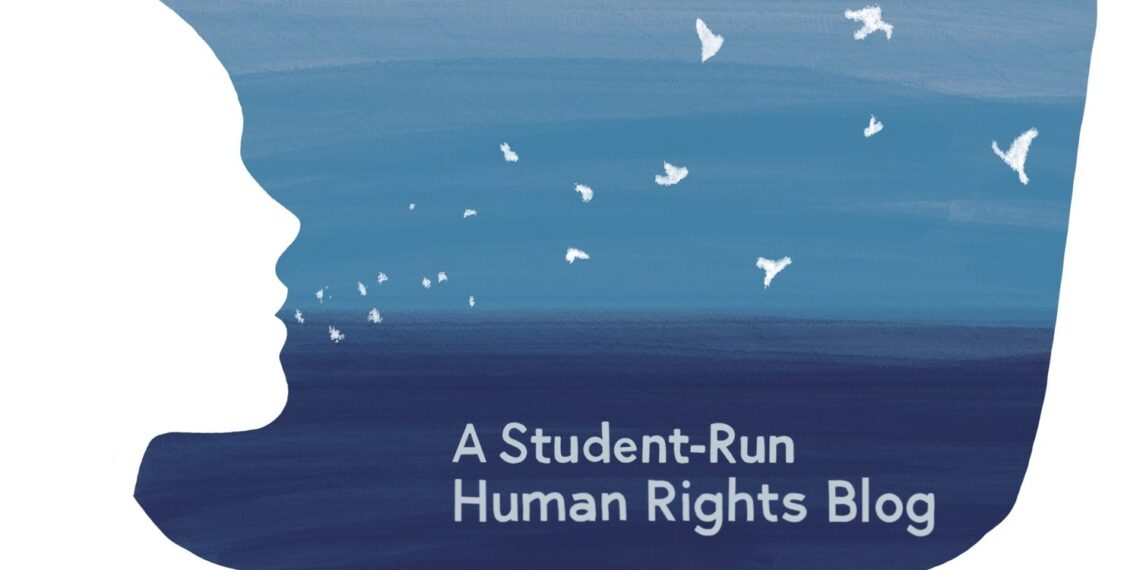[ad_1]
This week the Inter-American Commission of Human Rights is having its 186th Period of Sessions at UCLA. This post is made up of highlights of each of the hearings from Monday, March 6, 2021.
Fiscal Policy and guarantee of economic, social, cultural and environmental rights in the region
Participants: Global Initiative for Economic, Social, and Cultural Rights (GI-ESCR), Center for Economics and Social Rights, DeJusticia (Columbia), Fundar (México), Instituto de estudios socioeconómicos (Brasil), & Asociación Civil por la Igualdad y la Justicia (Argentina)
By Erin Rubin
The panel heard commentary by several civic society organizations, including Fundar, CESR, and faculty from the Instituto de estudios socioeconomicos. Topics included tax collection, public spending priorities, and the economic impact of the COVID-19 pandemic. All the participants emphasized the impact fiscal policy has on human and environmental rights, with particular attention to the negative impact of regressive tax structures (which burden people in poverty more heavily than those with wealth), the need for transparency and public engagement when making decisions about public spending, and concern that lack of tax enforcement was depriving necessary social programs of potentially catalytic income. Participants requested Special Rapporteur on Economic, Social, Cultural and Environmental rights Soledad García Muńoz submit a resolution systematically setting out progress and standards for ongoing and future policy and requested a summit in Latin America to apply these standards and foster institute transparent decision making.
Follow-up of precautionary measures of beneficiaries deprived of their liberty in Venezuela
Participants: Coalición DDHH y Democracia, Defiende Venezuela, Centro Ciudadano de Litigación Estratégica en Derechos Humanos (CECLED), Foro Penal, FundaRedes, Asociación Civil Una Ventana a la Libertad, Instituto CASLA, Human Rights Watch Venezuela, State of Venezuela
By Braden Schumitzky
Contributed by Leigh Dannhauser
Today, the IACHR stood in solidarity to condemn the physical and psychological torture which is being inflicted on Venezuelans and to reaffirm its commitment to the imposition of previously issued precautionary measures. Numerous accounts of prolonged detainment in decrepit underground cells, family separation, suicide, corrupt judicial proceedings, forced confessions, and unexplained disappearances demonstrated the severity of the human rights abuses currently occurring. By devoting attention to these issues, the IACHR gave a voice to the most vulnerable in Venezuela, those who have been completely deprived of their liberty. Notably, the State of Venezuela did not appear at the hearing.
[ad_2]




